Cannes filmmakers urge France to face up to horrors of colonial past
Filmmakers at the 2022 Cannes Film Festival in France have taken part in a protest at the French government's colonial past by showcasing movies depicting the Élysée's criminal activities.
This year's festival officially kicked off on Friday screening the devastating colonial past of former French governments in Philippe Faucon’s Algerian War film “Les Harkis” and the Omar Sy-starring film “Father and Soldier”, which is about France's forced recruitment of Senegalese soldiers for its World War I war campaign.
"It is necessary to recall this story and look the truth in the eyes," said Algerian-born Faucon.
Fellow director Mathieu Vadepied told AFP that it was necessary to question "France's historical relationship with its former colonies, what do we have to say about that today."
"Do we even know what we did?" asked Vadepied.
The second week of the Cannes festival will witness screening of the movie "Nos Frangins" ("Our Brothers") by French director Rachid Bouchareb, who in 2006 sparked a nationwide debate with "Indigenes" ("Days of Glory"), a film about the recruitment of North African soldiers during World War II to serve in the French Free Forces.
In his latest movie, Bouchareb tells the story of Malik Oussekine.
Oussekine, who was an Algerian Muslim student barely into his twenties with no criminal record, no political affiliations or sympathies, was beaten to death by French policemen during a pro-justice anti-racism protest rally in 1986.
Macron's re-election sparks protests in divided France; police kill two in Parishttps://t.co/irlP0QVhCk pic.twitter.com/zzsIKaKmjO
— Press TV (@PressTV) April 25, 2022
French President Emmanuel Macron has acknowledged the crimes committed by the French government, including a massacre by police of Algerians in Paris in 1961 which he called "inexcusable". However, the Macron administration has ruled out "presenting an apology" for the crimes.
Macron's new pick to head the education ministry, Pap Ndiaye, who is a Black historian specializing in minorities and currently heading the museum of the history of immigration in Paris, said in an interview last year that France needed to eradicate racial injustice in society by confronting its often-violent colonial past.
Ndiaye noted that “the French are highly reluctant to look at the dark dimensions of their own history.”
VIDEO | Indian regions celebrate Iran’s Islamic Revolution anniversary
Iran’s missile program will never be on negotiating table: Shamkhani
Hezbollah: 47 years of Iranian progress proof of ‘abject failure’ of Western plots
Iran’s Larijani meets Qatari emir amid nuclear talks with US
VIDEO | 47th anniversary of Islamic Revolution celebrated at Iran's Embassy to Holy See
VIDEO | Sana’a marks February 11 anniversary with mass rally at US embassy site
VIDEO | Iran’s Embassy in Ethiopia celebrates 47th anniversary of Islamic Revolution
Saudi leaders congratulate Iran on 47th anniversary of Islamic Revolution


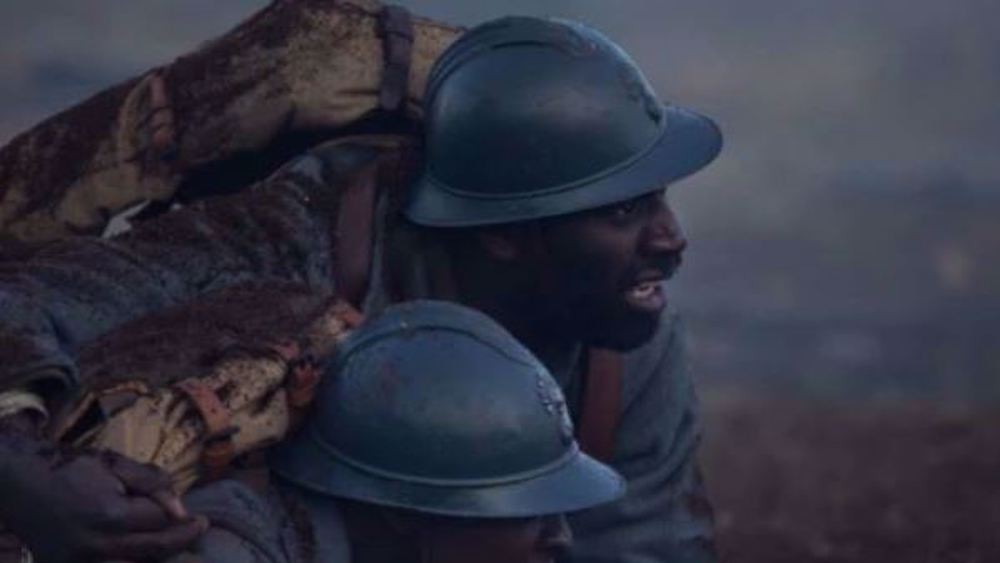
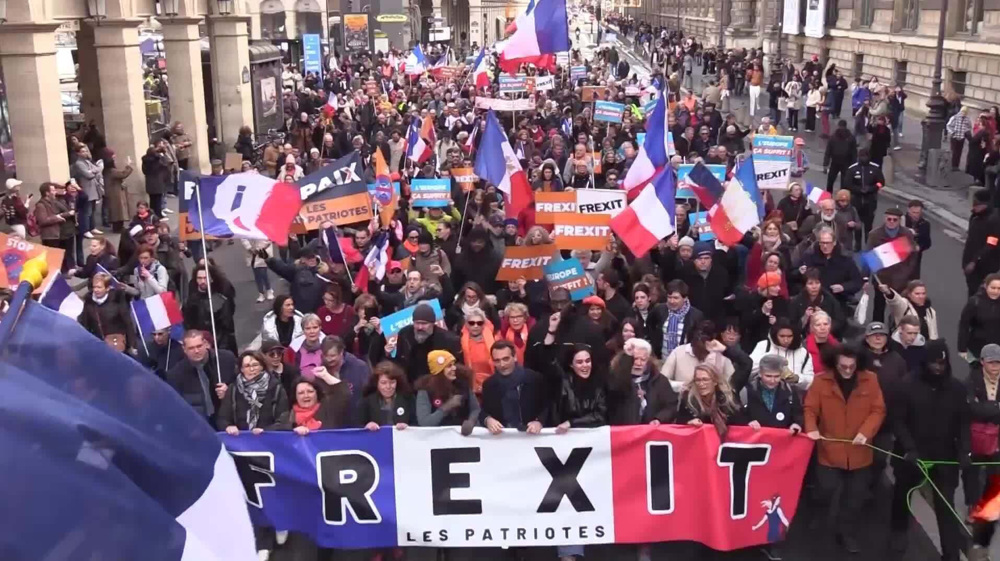
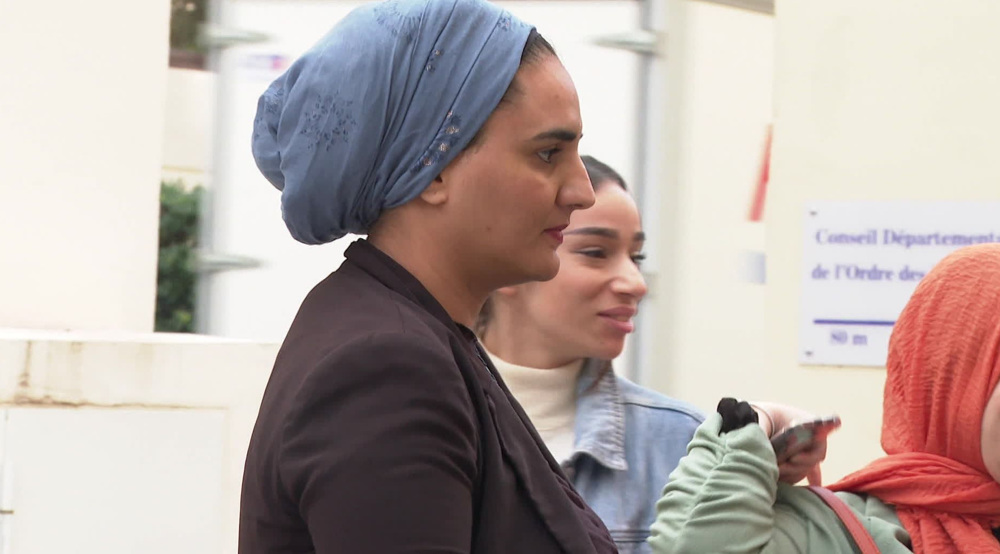
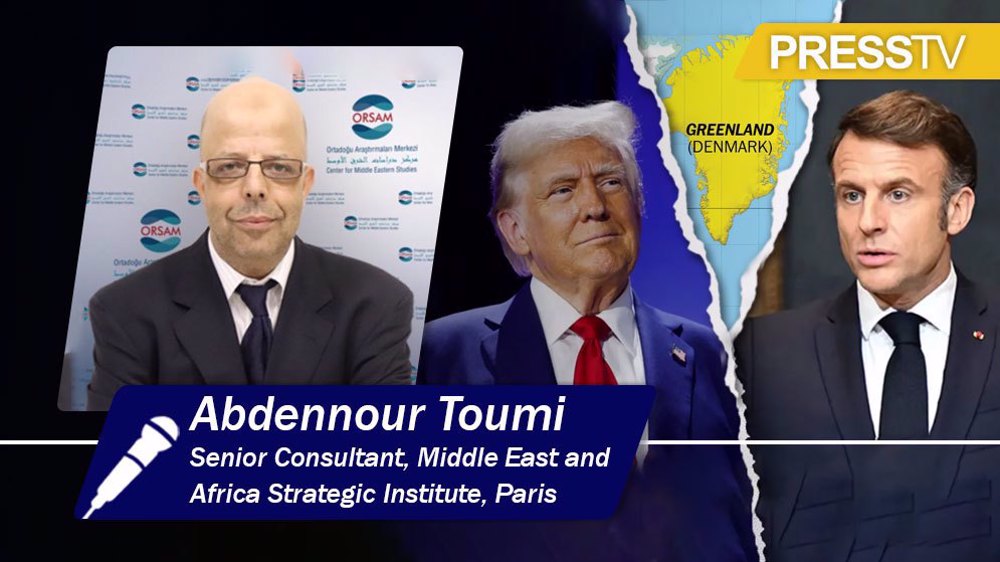



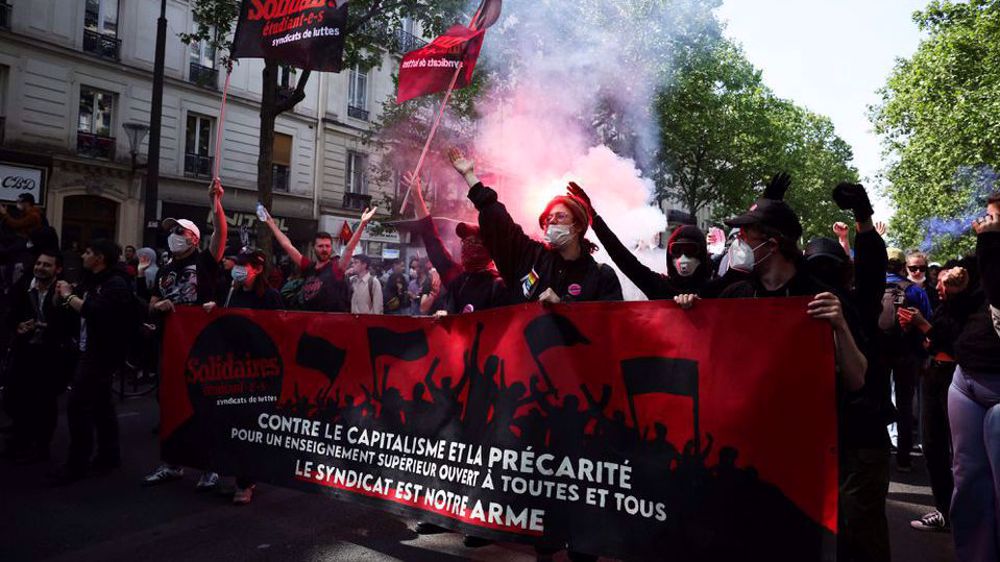
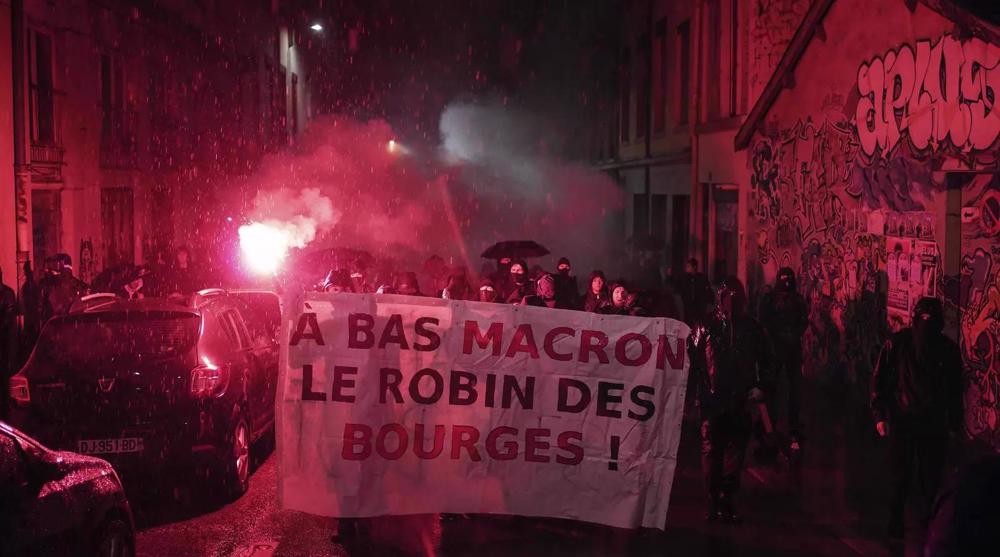
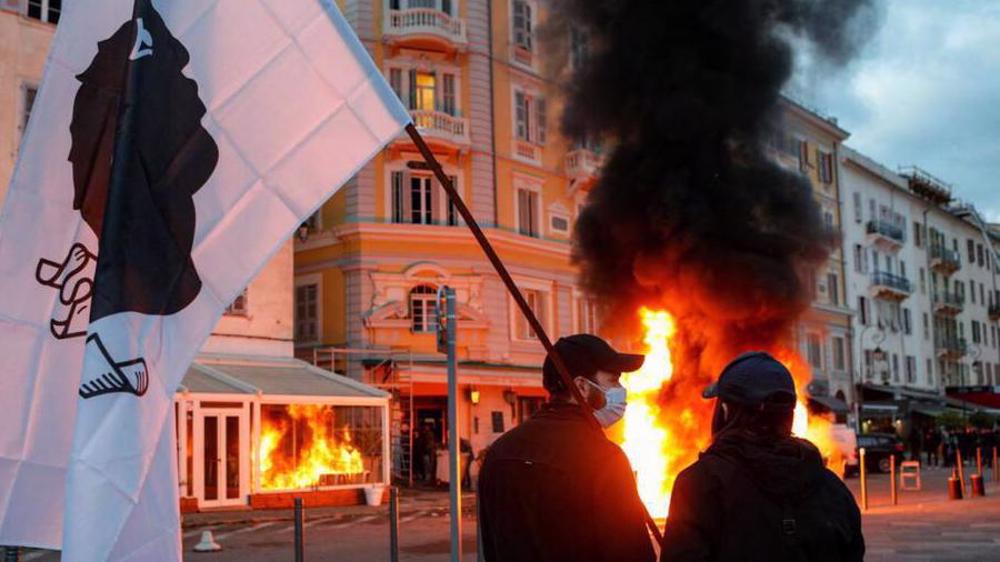
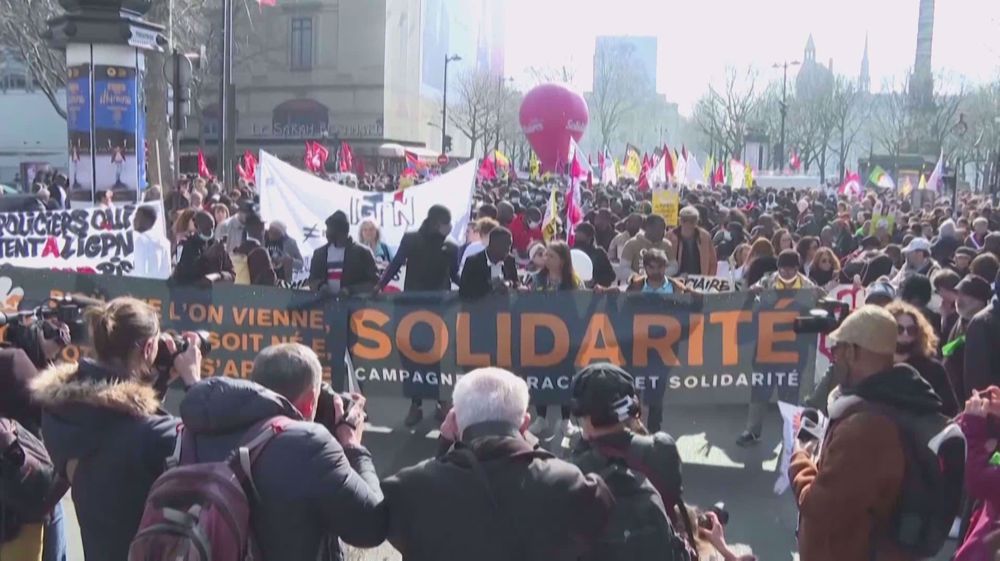
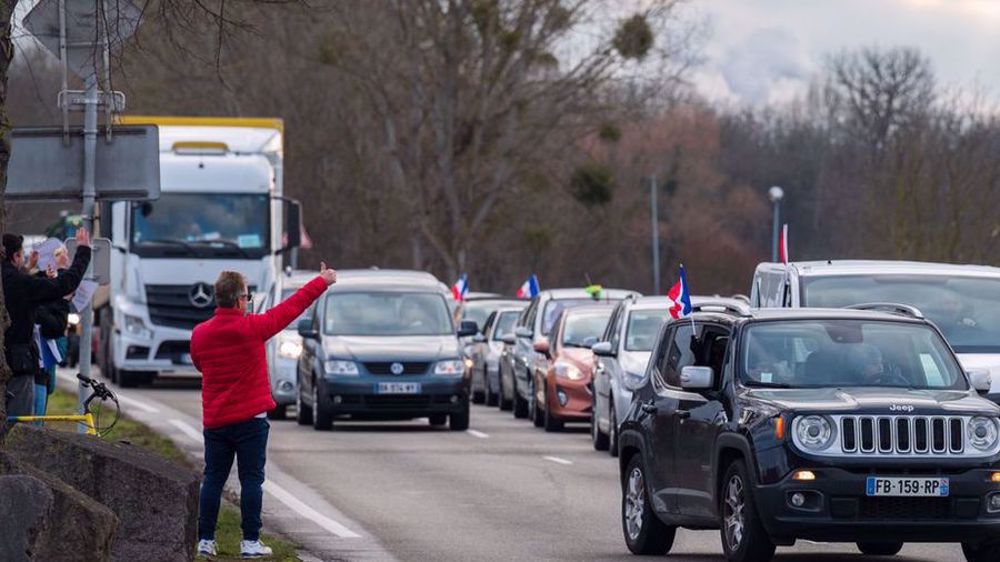

 This makes it easy to access the Press TV website
This makes it easy to access the Press TV website